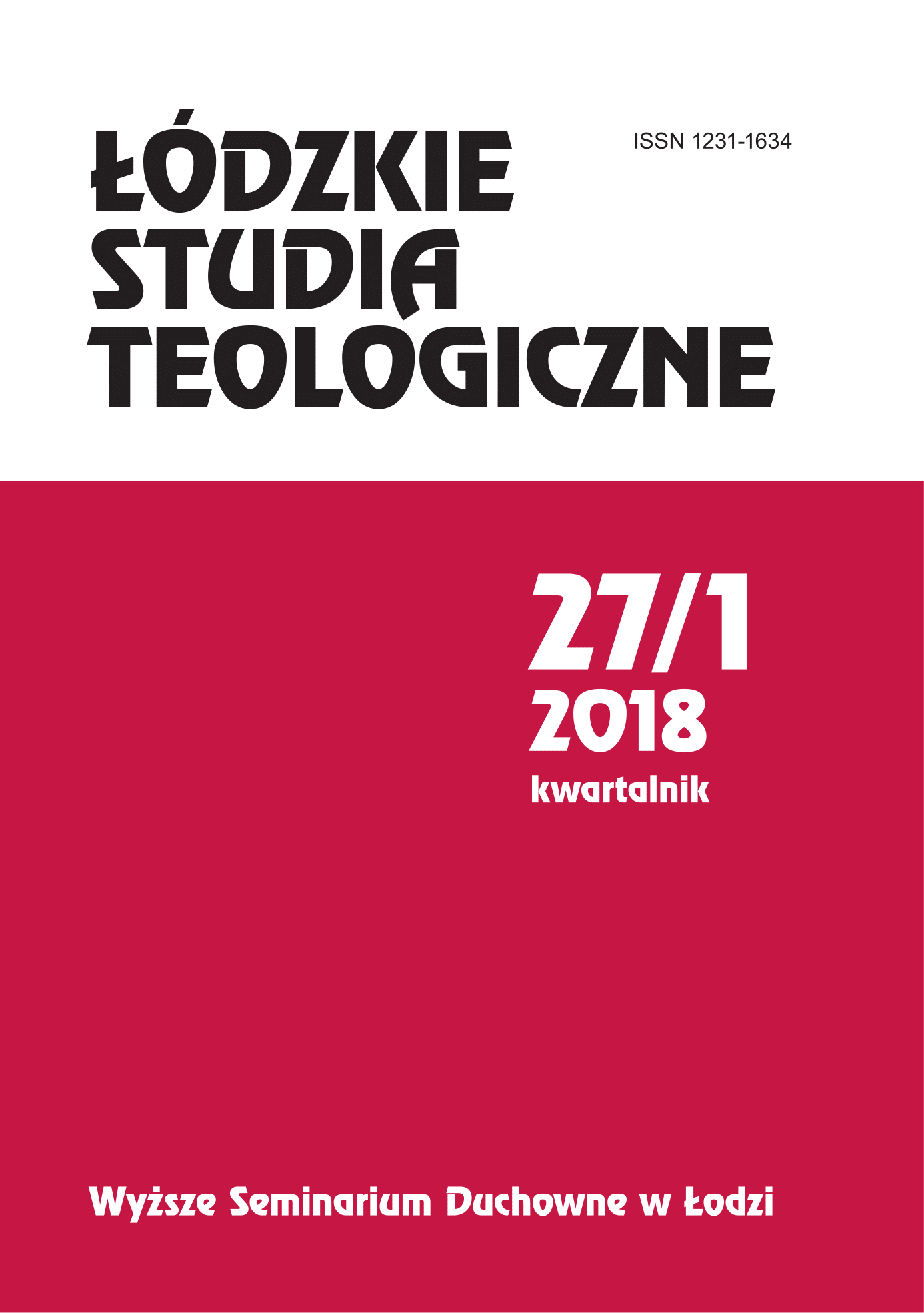Szafarz sakramentu bierzmowania w świetle Pontyfikału i Rytuału rzymskiego oraz Kodeksu Prawa Kanonicznego z 1983 r.
Minister of the sacrament of confirmation in light of “The Pontifical”, “Roman Ritual” and “Code of Canon Law” of 1983
Author(s): Waldemar BartochaSubject(s): Pastoral Theology
Published by: Wyższe Seminarium Duchowne w Łodzi
Keywords: the sacrament of confirmation; minister; bishop; presbyter; Roman Pontifical; Ritual roman
Summary/Abstract: The purpose of the article is to share the reflection about the minister of the sacrament of confirmationin light of two binding liturgical books: the Pontifical “Ordo Confirmationis”, the Ritual “Ordo initiationischristianae adultorum” and the Code of Canon Law of 1983. The sacrament of confirmation isusually administered by the bishop, however he isn’t the only minister of this sacrament, since a presbytermay be authorised by the bishop to administer this sacrament as well. Although the Constitution “Lumengentium”, no 26 defines bishops as appropriate ministers of confirmation (ministri originarii confirmationis)by introducing this new term to terminology, the legislator of the Code calls the bishop an ordinaryminister (minister ordinarius), applying the term used in the Church since the church council in Florence.Most canonists share the opinion that the term “ordinary minister”, which is traditionally and historicallyjustified, seems to be more capacious and comprises the church council term “minister originarius”. Herein turn the meaning of the latter one is emphasized by theologians, according to whom the church councilby using this new term brings out the truth that the intervention of the bishop in the sacrament of confirmationis the extension of the event of Paschal Pentecost. In this perspective the person of bishop who administersthe sacrament of confirmation becomes a connection with Pentecostal Church, a guarantee ofChurch unity. Due to his presence and service confirmands have stronger feeling of connection with theirown diocese and with the universal Church. According to the binding doctrine and the law of universalChurch, the sacrament of confirmation is administered legally by presbyters. In Roman Pontifical and inthe Code of Canon Law of 1983 an extension of presbyters’ rights can be noticed in terms of administeringthe sacrament of confirmation in light of the rules which were previously binding.
Journal: Łódzkie Studia Teologiczne
- Issue Year: 27/2018
- Issue No: 1
- Page Range: 189-208
- Page Count: 20
- Language: Polish

